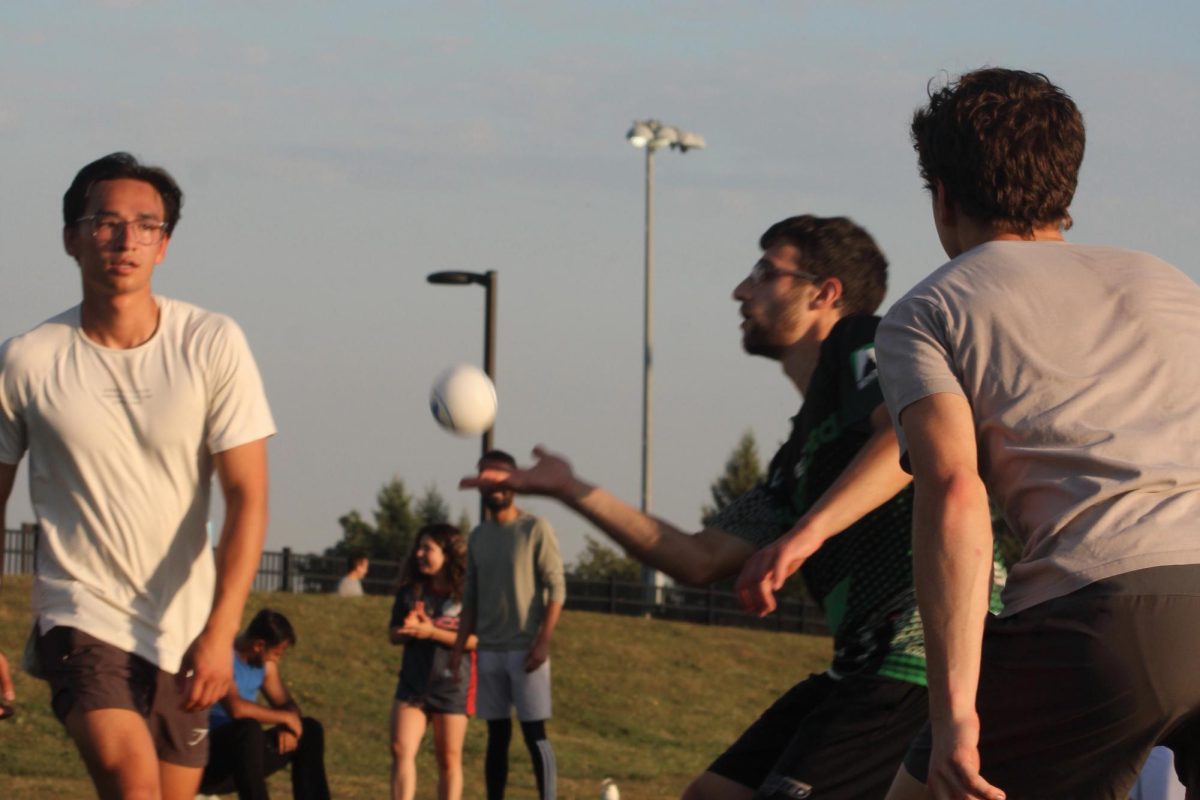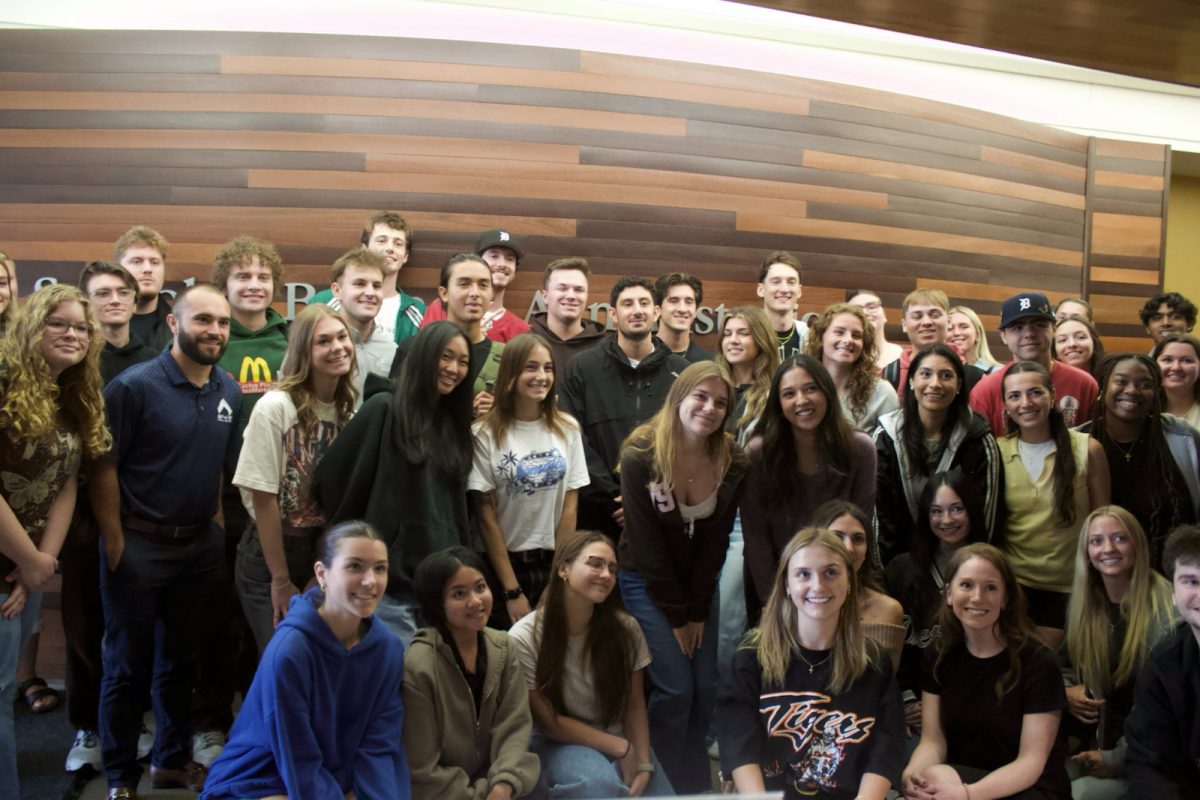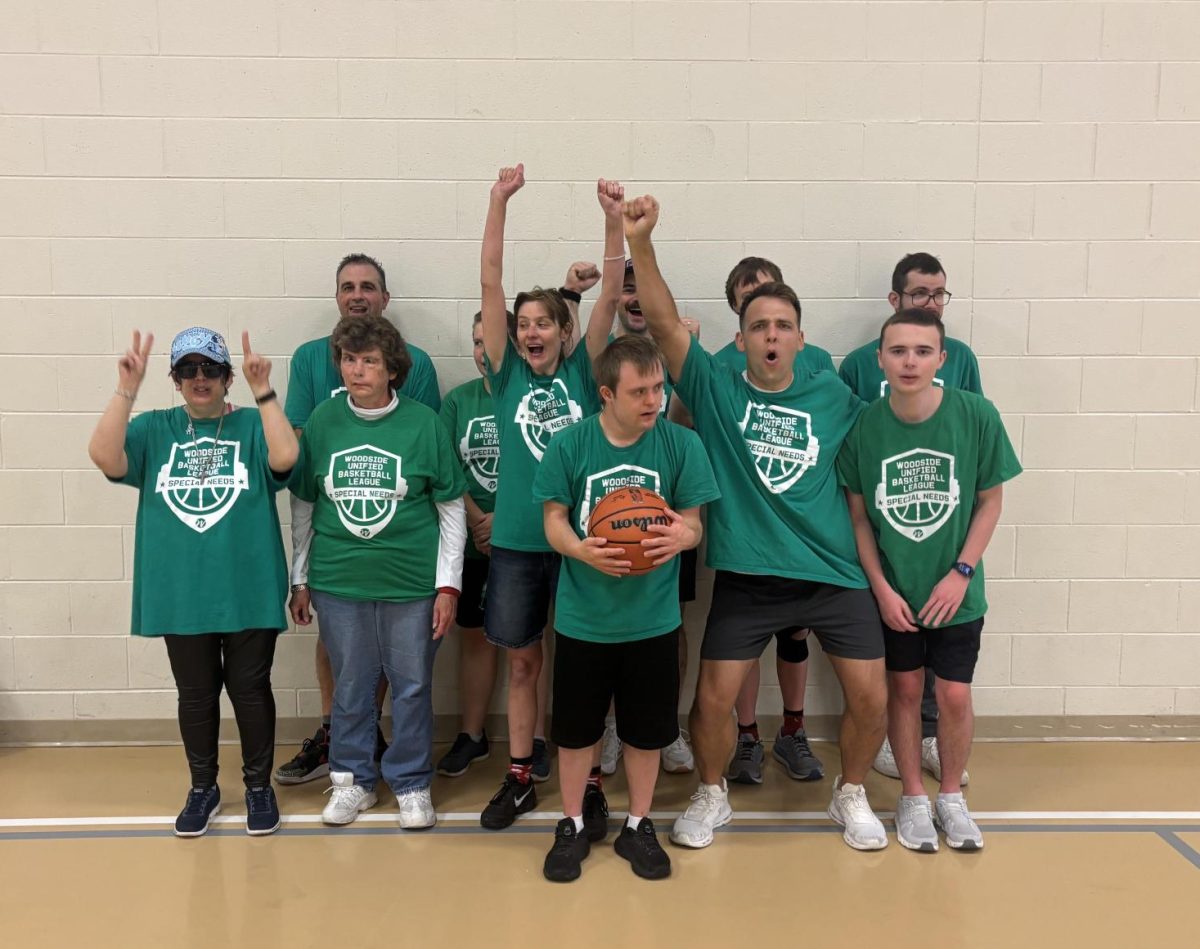After suffering the tragic loss of his father in the senior year of his undergraduate studies at Oakland University, Red Douglas decided to become a ‘meaning-maker.’ Douglas made it his mission to mitigate the struggles of other grieving students. Thus, he turned to researching the student bereavement policies of postsecondary institutions.
Douglas is currently a doctoral student at OU, pursuing a PhD in higher-ed educational leadership. To earn his degree, Douglas must write a dissertation. Immediately, Douglas knew what topic he would write about — grief.
“The toughest experience of my undergraduate years happened just a couple weeks before I graduated,” Douglas said. “My dad died in an unexpected way. It was a nightmare.”
As the first one from his immediate family to graduate from college, it was a bittersweet moment when Douglas received his diploma.
“I was proud to be a first-generation graduate, yet my mind was flooded with grief,” Douglas said. “I was mentally preoccupied with making after-death arrangements and supporting my family.”
If the death had occurred sooner, Douglas admits he would have struggled through college or even dropped out.
“Most schools and jobs only offer 3-5 consecutive days of bereavement time. After my dad’s death, there were so many things to do. I needed more nonconsecutive bereavement days,” Douglas said. “I can’t even imagine the struggle of being a grieving student in the beginning or middle of their college studies.”
When Douglas returned to OU to begin his doctoral studies, he knew there was already a student bereavement policy on the books. Shortly after Douglas graduated with his bachelor’s degree, another grieving student worked with campus administration to put a student leave policy into place.
Douglas is working to make the university’s student bereavement policy more accessible to all students on campus, including graduate students. Douglas’s personal experiences with death and his work in refining OU’s policy led him to conduct broader research on the topic of student bereavement.
Quickly, Douglas realized OU was a rarity in terms of its efforts to support grieving students.
“I was shocked to realize OU was one of the few universities with a student bereavement policy,” Douglas said. “As of 2019, only 44 universities in the nation had student bereavement policies.”
In most postsecondary institutions, student bereavement policies are not system-wide. Douglas argues they ought to be.
“If you work at the university, you have bereavement. But what if you go to the university as a student?” Douglas said. “It’s [death is] not a unique experience. Before beginning my research, I didn’t realize that there were so many other college students struggling because there is a lack of robust student support for students on this issue.”
Douglas attributes the lack of student support to our “emotion-phobic” society. Instead of recognizing and discussing feelings of grief, it is commonplace for grieving individuals to develop a bootstrap mentality.
“Instead of repressing negative feelings surrounding death, we should embrace them by fostering some sense of community,” Douglas said. “After all, grief is a fundamental process of healing.”
Throughout his research, Douglas has found a passion for thanatology, the scientific study of death and loss. Douglas believes the core principles of thanatology could be very useful in developing more robust support services for grieving students.
For example, thanatologists are big advocates of normalizing the word death.
“Help-seeking behaviors in society are shifting, but these behaviors need to be positively reinforced,” Douglas said.
To positively support students experiencing a loss, Douglas believes centralized reporting systems for grief absences ought to be established at all postsecondary institutions. Douglas is also a big advocate for offering non-consecutive grief absence days so students can use their absences as needed. Currently, he is working with experts across the country to launch a student-specific bereavement policy advocacy initiative, which will roll out in January 2024.
In the future, Douglas hopes to expand his research to include other student support services.
Douglas currently works at OU’s Writing Center to provide academic support to students. By strengthening student support resources alongside student bereavement policies, Douglas believes universities can become more successful at retaining grieving students.
To further his research on student bereavement, Douglas is seeking to obtain a better understanding of campus grief support resources at OU. After receiving IRB approval, he plans to conduct interviews with OU students touched by grief.
If students would like to assist Douglas with his research, please contact him via email at [email protected]. If students are dealing with grief and loss and would like professional help, please refer to the OU Counseling Center (OUCC) webpage for additional resources.






